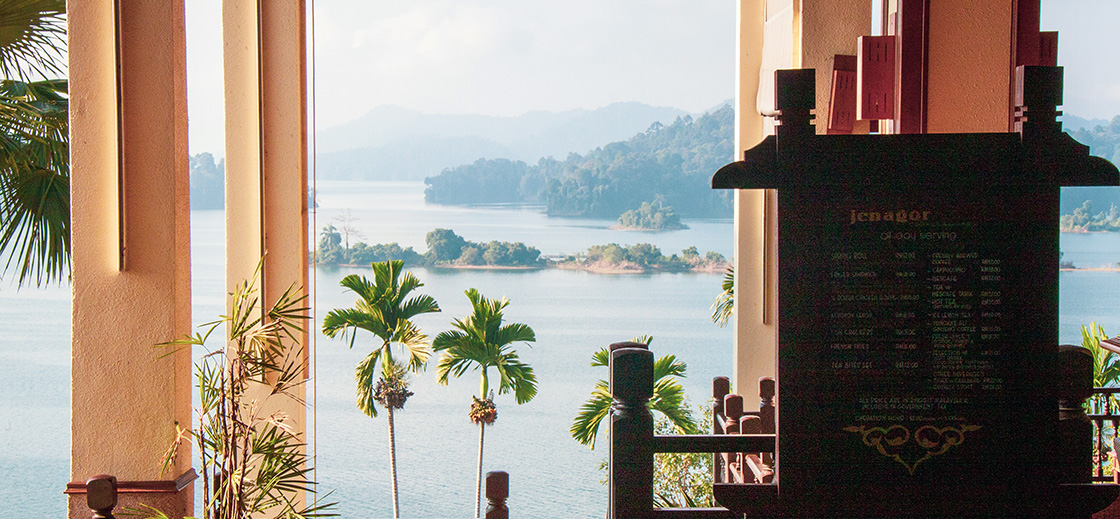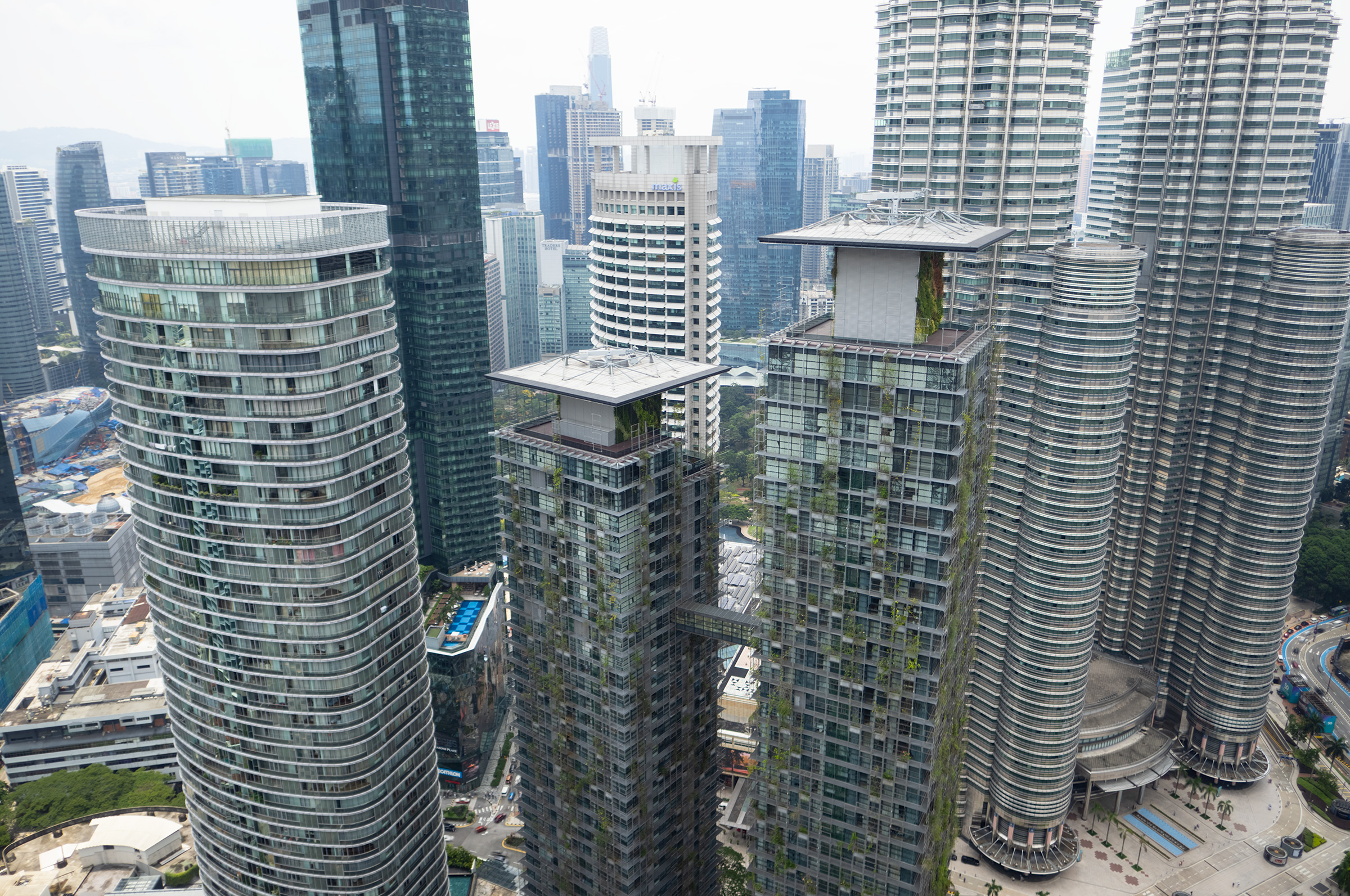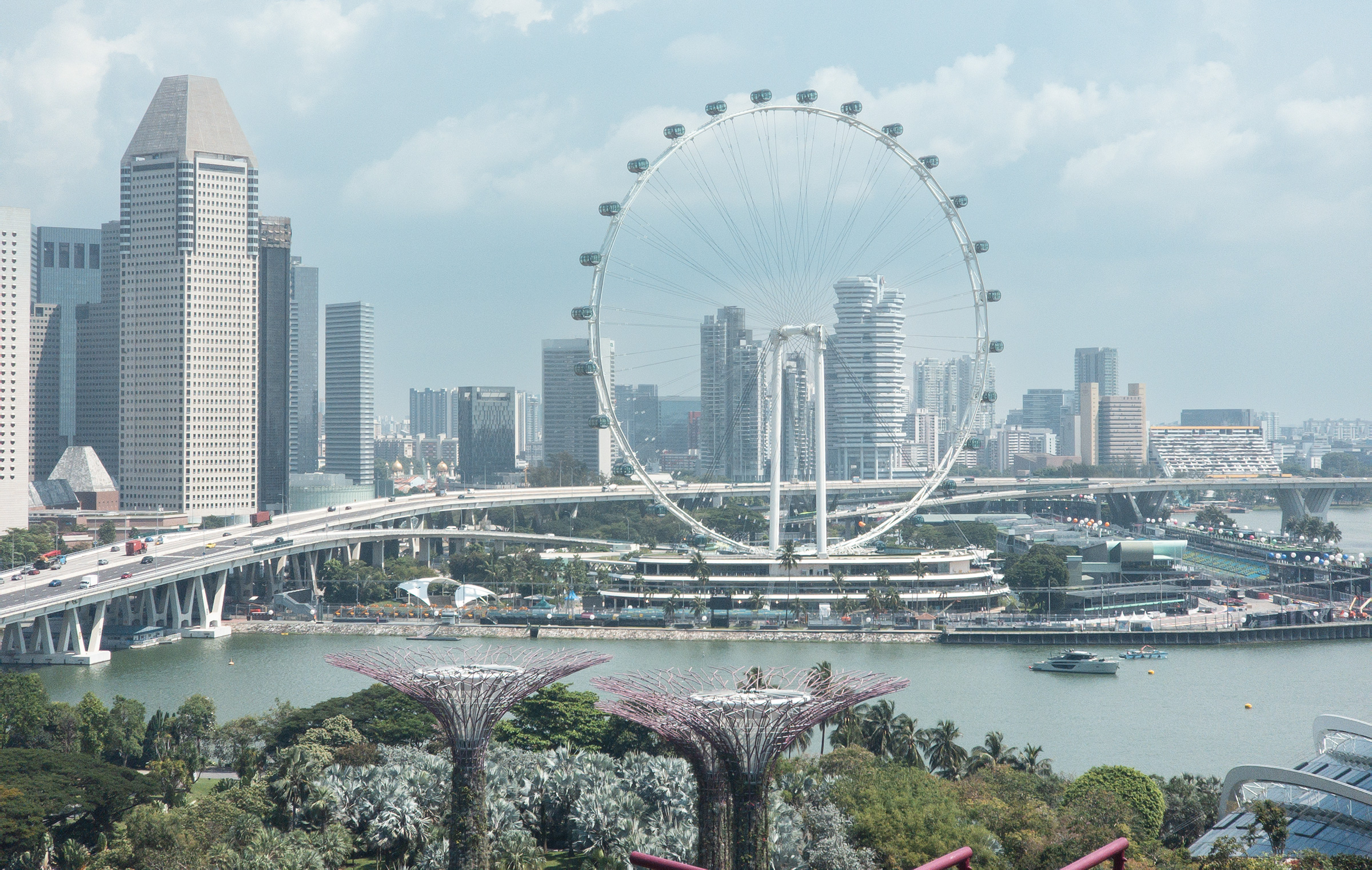Asia’s dynamic economies and exotic charm have long captivated expats worldwide. The allure extends beyond mere visits, with many envisioning settling down and profiting from the region’s vibrant real estate market. But is investing in Asian property a smart move for expats? As with most investments, the answer hinges on various factors.
The Enchantment of Asian Real Estate
The Enchantment of Asian Real Estate extends to places like Meyer Blue in bustling cities like Singapore and Kuala Lumpur to serene beachfront villas in Thailand and charming vacation rentals in Bali. Here’s why expats find it irresistible:
- Potential for Lucrative Returns: Several Asian nations exhibit robust economic growth, translating into escalating property values. This prospect entices expats eyeing capital appreciation.
- Rental Income Prospects: Owning a property for rent can yield a steady income stream, offering financial stability and possibly offsetting ownership costs.
- Lifestyle Integration: Property ownership in Asia facilitates immersion in local culture, establishing a permanent foothold in one’s dream locale.

Navigating Challenges in Asian Real Estate
Despite the allure, expat investors encounter hurdles:
- Foreign Ownership Constraints: Many Asian countries limit foreign land ownership, often restricting expats to condominiums or leasehold properties with differing ownership structures and potential returns.
- Legal Complexities: Diverse property laws across Asia necessitate expert legal consultation to ensure smooth transactions and safeguard rights.
- Market Volatility: While some markets show steady growth, others experience volatility, underscoring the need for meticulous market research to mitigate risks.
- Hidden Expenses: Additional costs like taxes, maintenance fees, and currency fluctuations must be factored into investment calculations.
Making Informed Investment Decisions
Considering a property purchase in Asia? Key considerations include:
- Investment Objectives: Define whether you seek capital appreciation, rental income, or a lifestyle investment, influencing property type and location choices.
- Financial Assessment: Evaluate your financial readiness, factoring in down payments, ongoing expenses, and potential risks.
- Long-Term Plans: Align property investment with your long-term stay goals in Asia, weighing the benefits against uncertainties.
- Market Analysis: Conduct a thorough check on your target market to understand trends, development plans, and risk factors.

Expanding Investment Horizons in Asian Real Estate
Look beyond surface data to explore diverse investment avenues:
- Mature vs Developing Markets: Balanced returns and stability in established markets versus higher growth potential with increased risk in emerging markets.
- Property Varieties: Based on your investment objectives, you can choose between condos for rental income, villas for capital appreciation, or land for development.
- Exit Strategies: Plan how you’ll exit or transfer the property, considering market liquidity and ease of resale.
Lifestyle and Financial Considerations
Don’t overlook practicalities and lifestyle impacts:
- Taxation Insights: Research property-related taxes, including income tax on rental earnings and capital gains tax upon property sale. Explore potential tax benefits or incentives for foreign investors, such as tax treaties that may reduce tax liabilities.
- Currency Dynamics: Anticipate currency fluctuations and their impact, particularly when purchasing with foreign currencies. Consider hedging strategies or currency exchange options to mitigate exchange rate risks and protect your investment’s value.
- Management and Maintenance: Factor in ongoing management fees or the time commitment required for self-management, especially for rental properties. Consider property management services to handle tenant relations, maintenance, and property upkeep, ensuring a hassle-free ownership experience.
Considering these lifestyle and financial factors alongside market dynamics and investment goals can help expats make well-rounded and informed decisions about Asia’s real estate landscape.
Socioeconomic and Political Stability
Assess the stability of the country’s political and socioeconomic landscape before investing. Stable political environments and strong economic fundamentals contribute to a favourable investment climate. Consider:
- Political Stability: Look for countries with stable governments and governance structures to minimize investment risks.
- Economic Strength: Strong GDP growth, low inflation, and a robust business environment indicate economic stability and investment potential.
- Regulatory Environment: Transparent and investor-friendly regulations reduce legal uncertainties and provide clarity for property investments.
- Geopolitical Considerations: Evaluate geopolitical factors like international relations and regional stability, as they can impact market sentiment and investment confidence.
In Conclusion
Investing in Asian real estate is both intricate and rewarding. With a clear grasp of market dynamics, investment goals, and potential challenges, expats can turn their dream of Asian property ownership into a lucrative reality.
Remember, informed decisions backed by research and expert advice can lead to successful investments in Asia’s thriving real estate landscape.







